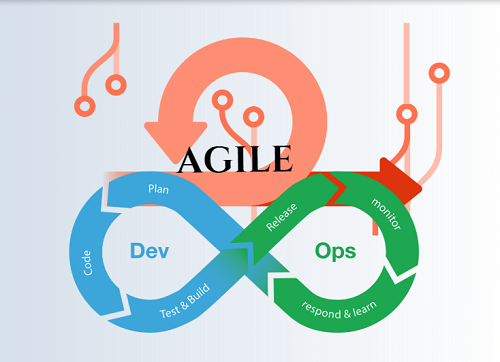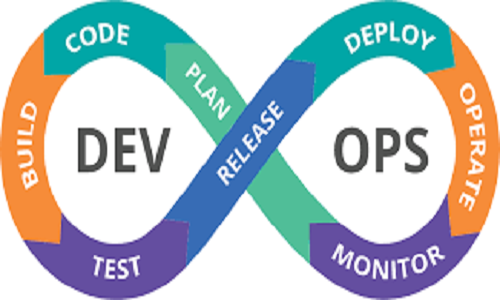A Practical Guide for Eliminating Waste and Scaling the DevOps Environment
DevOps is regarded as one of the most challenging and intriguing initiatives. DevOps has received a fair amount of success as well as failures. This is not unnatural considering the fact that DevOps aims to integrate two various lines of work in an organizations, which traditionally has functioned differently. What many enterprises tend to forget is that DevOps needs continuous reviewing at a regular interval since it works in a dynamic environment, where the demands and requirements of the clients and customers keep changing frequently.
Like any application, DevOps too has a number of road blocks in their path. On one hand, there are customers and clients who seek very quick results and on the other hand, there are people who are inherently quite opposed to change. Establishing a medium of communication and collaboration is very essential for the success of DevOps which very few companies realize.
The second road block which slows down the process is failure to get adequate approval from concerned authorities. Thirdly if you are dealing with a system, which handles millions of transactions in a day, deploying the changes and rapid automation may not be a very feasible option. Moreover very large organizations have multiple releases across multiple departments which might be quite difficult to achieve.
Scaling DevOps to the Enterprise:
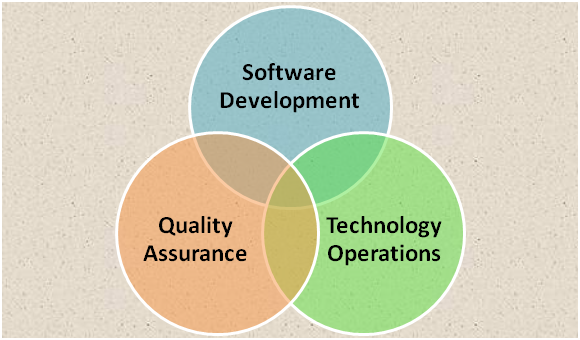
- Mold Your Task as Per the Need:
Scaling DevOps across the entire organization is not a very easy job, especially when the load on the IT section of the company increases. An easy way to counter this problem is to distribute the workload. If you can manage to facilitate your team with enterprise test management solutions, you can experience an improved level of productivity. DevOps can teach teams and companies to achieve their targets safely and quickly, but that solely depends upon how the company deals with the situation. Some companies believe in team collaboration, while others lay a lot of stress in streamlining the process and mitigating inefficiencies.
- Break the Inertia:
In order to scale DevOps applications beyond the pilot stage, it is important that you break the resistance among your employees and get them to participate in the larger scheme of things. Try bringing different departmentalized people to work together and give them hands off which would make them feel counted and valued. A sense of ownership is a magic wand that can break the inertia to a great degree. Interestingly it has been found that developers and people from the operations side have been more resistant to change, than people who deal with compliance mainly due to fear of losing the job. However, once you are able to manage the vulnerabilities and establish a sense of self-worth among them, the entire process becomes a lot more easily.
- Re-establish not Re-structure:
When a new system or order is implemented in the organization, a general idea, which prevails, is that the entire structure of the company should be overhauled. As a result many companies have suffered major financial setbacks in their futile efforts to reorganize the entire system. Sometimes you always do need to overhaul the entire system; instead implementing a little bit of concrete steps that can improve the workflow becomes a lot a convenient. Try to integrate strategically steps that can leverage the real time collaboration between everyone. It has been observed that loosely bound independent teams with a clear production path are capable of delivering faster and better results than teams who undergo a complete system overhaul.
At the end of the day, what matters the most in an open environment culture like DevOps is the ability of the DevOps manager to bring everyone on the same page. Developing the integral model to reflect the progress of the journey is also very important. Try to have a layered approach to solve problems instead of looking at things from a binary perspective.
Find a course provider to learn DevOps
Java training | J2EE training | J2EE Jboss training | Apache JMeter trainingTake the next step towards your professional goals in DevOps
Don't hesitate to talk with our course advisor right now
Receive a call
Contact NowMake a call
+1-732-338-7323Take our FREE Skill Assessment Test to discover your strengths and earn a certificate upon completion.
Enroll for the next batch
DevOps Hands-on Training with Job Placement
- Sep 1 2025
- Online
DevOps
- Sep 2 2025
- Online
DevOps Hands-on Training with Job Placement
- Sep 3 2025
- Online
DevOps
- Sep 4 2025
- Online
DevOps Hands-on Training with Job Placement
- Sep 5 2025
- Online
Related blogs on DevOps to learn more
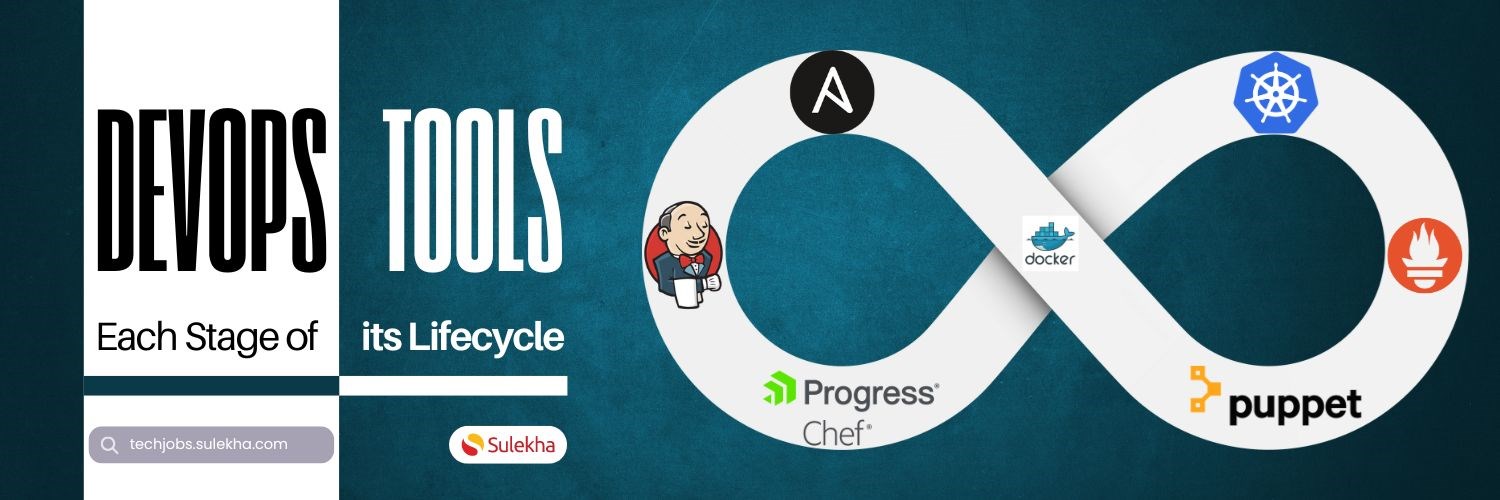
DevOps Tools for Each Stage of the DevOps Lifecycle
Discover essential DevOps tools tailored for every phase of the DevOps lifecycle. Streamline development, deployment, and operations with the right tools.

The benefits of uniting product management with DevOps
DevOps is focused on streamlining the software development and deployment processes, enabling faster and more frequent releases. By integrating product management into the DevOps workflow, product managers can have more visibility into the developmen

DevOps Platform Market 2023 to Showing Impressive Growth by 2030
In 2023, the DevOps platform market has faced a rapid increase, with forecasts indicating a massive expansion by 2030. This sector's growth is driven by the increased adoption of DevOps concepts and tools across industries. DevOps, which focuses on c
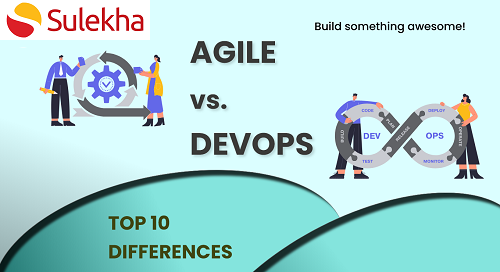
Scrum with DevOps: Integrating Agile and DevOps Practices
Scrum with DevOps: Integrating Agile and DevOps Practices
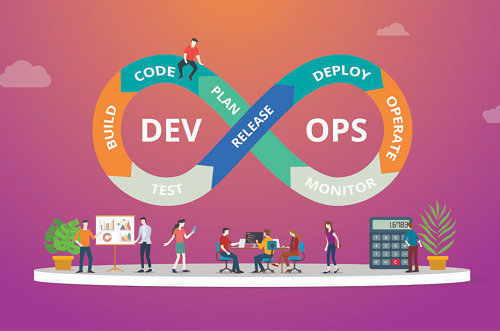
Mastering DevOps: A Comprehensive Bootcamp Course
Introduction
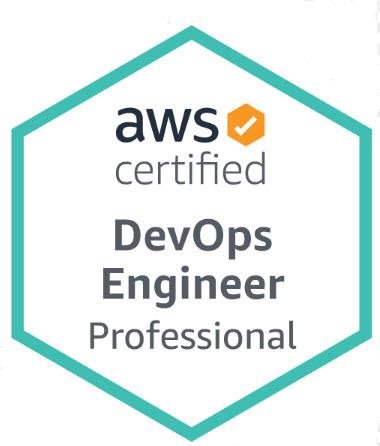
Best AWS Devops Engineer Professional Certification Dumps
DevOps Certification Over the past decade, DevOps, many companies used DevOps to lower their deployment time and increase their agility. DevOps helps to automate between 6 Cs. (Continuous business planning, collaborative development, continuous test
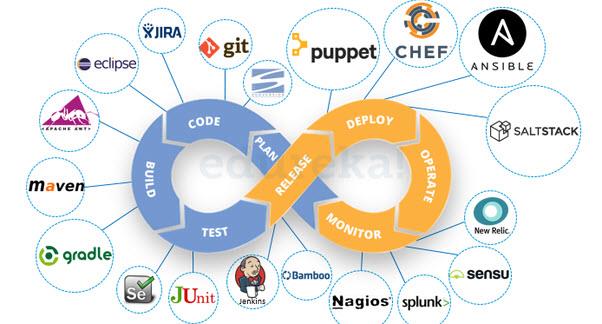
DevOps Market Research Report Analysis and Forecast: 2018 to 2023
Forecast report entitled “Global DevOps Tool Market 2018 Research Report Analysis and Forecast: 2018 to 2023”. When you go through the report thoroughly, you will find that the report is a top to bottom analysis of the happenings of DevOps Tool Indus
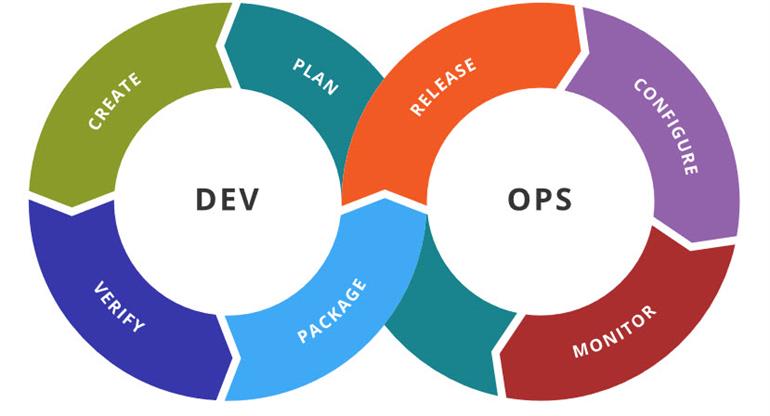
What are the Top 10 DevOps Barriers?
There are many barriers to implementing DevOps successfully, some of them with proper solutions given in the post.
Latest blogs on technology to explore

Understanding Artificial Intelligence: Hype, Reality, and the Road Ahead
Explore the reality of Artificial Intelligence (AI) — its impact, how it works, and its potential risks. Understand AI's benefits, challenges, and how to navigate its role in shaping industries and everyday life with expert training programs

How Much Do Healthcare Administrators Make?
Discover how much healthcare administrators make, the importance of healthcare, career opportunities, and potential job roles. Learn about salary ranges, career growth, and training programs with Sulekha to kickstart your healthcare administration jo

How to Gain the High-Income Skills Employers Are Looking For?
Discover top high-income skills like software development, data analysis, AI, and project management that employers seek. Learn key skills and growth opportunities to boost your career.

What Companies Expect from Product Managers in 2025: Skills, Tools, and Trends
Explore what companies expect from Product Managers in 2025, including essential skills, tools, certifications, and salary trends. Learn how to stay ahead in a rapidly evolving, tech-driven product management landscape.

Breaking Into AI Engineering: Skills, Salaries, and Demand in the US
Discover how to break into AI engineering with insights on essential skills, salary expectations, and rising demand in the US. Learn about career paths, certifications, and how to succeed in one of tech’s fastest-growing fields.

Cybersecurity Training: Powering Digital Defense
Explore top cybersecurity training programs in the USA to meet rising demand in digital defense. Learn about certifications, salaries, and career opportunities in this high-growth field.

Why Pursue Data Science Training?
Empower your career in a data-driven world. Learn why data science training is crucial for high-demand jobs, informed decisions, and staying ahead with essential skills.

What Does a Cybersecurity Analyst Do? 2025
Discover the vital role of a Cybersecurity Analyst in 2025, protecting organizations from evolving cyber threats through monitoring, threat assessment, and incident response. Learn about career paths, key skills, certifications, and why now is the be

Artificial intelligence in healthcare: Medical and Diagnosis field
Artificial intelligence in healthcare: Medical and Diagnosis field

iOS 18.5 Is Here: 7 Reasons You Should Update Right Now
In this blog, we shall discuss Apple releases iOS 18.5 with new features and bug fixes
